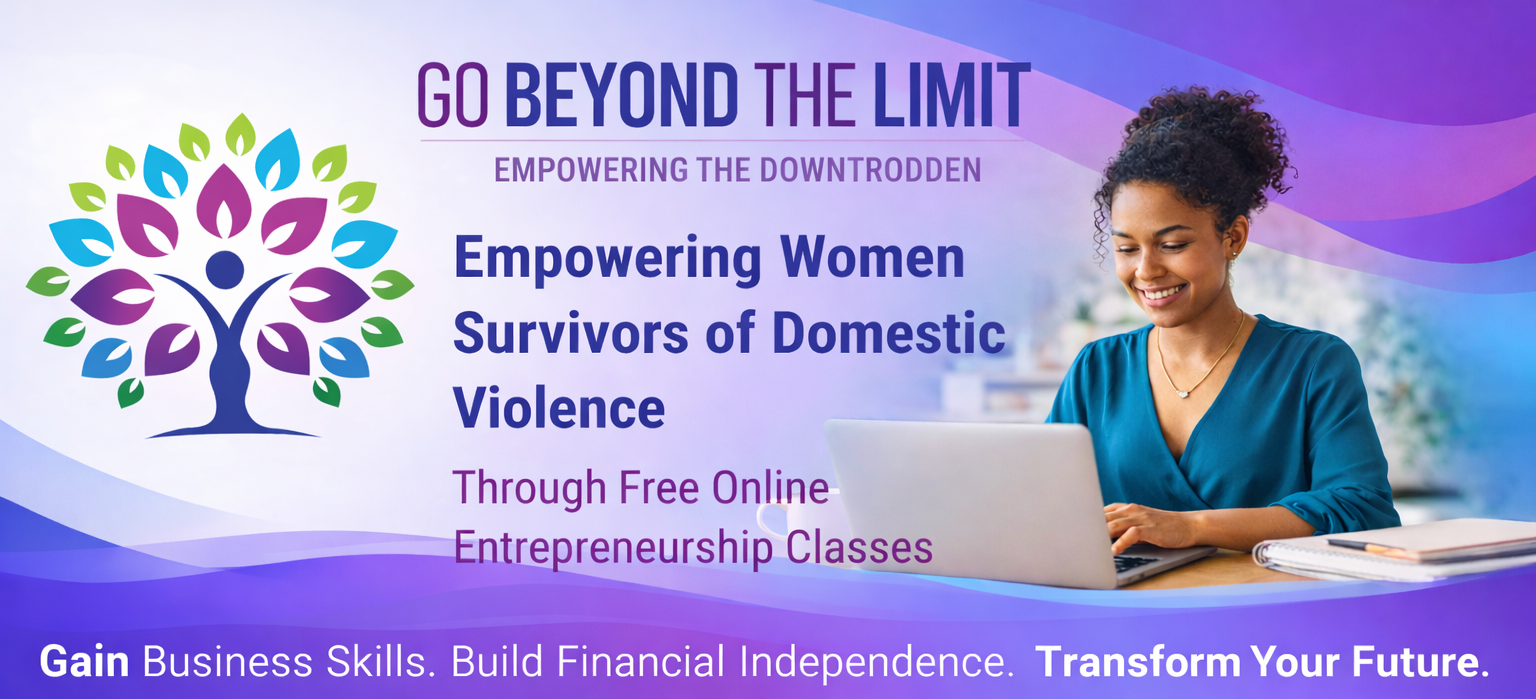The Power of Economic Independence After Abuse
For survivors of domestic violence, escaping an abusive relationship is only the first step. What comes next, rebuilding a life, establishing security, and reclaiming self-worth, requires more than just physical safety. One of the most critical, yet often overlooked, components of long-term recovery is economic independence. Without it, many survivors face the devastating reality of returning to abusive situations due to financial constraints. But with the right tools, training, and support, financial empowerment becomes a catalyst for healing, dignity, and true freedom.
Table of Contents
- Why Financial Abuse Is Often Overlooked
- How Economic Empowerment Supports Healing
- Skills That Lead to Independence
- Programs That Make a Difference
- How You Can Help Break the Cycle
Why Financial Abuse Is Often Overlooked
Financial abuse is one of the most pervasive, yet least recognized, forms of control in abusive relationships. It can include tactics like controlling all bank accounts, denying access to funds, sabotaging employment, or accumulating debt in the survivor’s name. According to the National Network to End Domestic Violence (NNEDV), financial abuse occurs in 99% of domestic violence cases. Without money, survivors are left with fewer options, increasing the risk of staying in or returning to unsafe environments.
How Economic Empowerment Supports Healing
Economic empowerment is more than a paycheck—it’s about restoring agency and self-determination. When survivors gain control over their financial lives, they begin to heal in profound ways:
- Improved mental health through reduced anxiety and stress
- Greater self-confidence from setting and achieving financial goals
- Stronger boundaries in future relationships
- Ability to provide stability for themselves and their children
Research from the Institute for Women’s Policy Research (IWPR) shows that financial security is a key protective factor that reduces the likelihood of future abuse. Economic independence lays the groundwork for sustainable recovery and reinforces the message: You are capable. You are worthy. You are free.
Skills That Lead to Independence
The modern economy demands a new set of skills—but these are increasingly accessible. Survivors don’t need a college degree or years of experience to thrive. In fact, with the right training, they can begin earning within months. Key areas of opportunity include:
- Digital literacy (Google Workspace, email, online research)
- Social media marketing and content creation
- E-commerce and online selling (e.g., Etsy, Shopify)
- Freelance work in writing, design, virtual assistance
- Financial literacy: budgeting, saving, and building credit
Programs like those offered by TechSoup’s Digital Skills Center or Empowered Women International provide survivors with market-ready tools to step into the workforce with confidence.
Programs That Make a Difference
At Go Beyond the Limit, we offer entrepreneurship and digital skills training designed specifically for women rebuilding their lives after abuse. Our programs combine:
- Practical, hands-on workshops
- Peer-to-peer mentorship
- Trauma-informed support services
- Real-world business tools
- Confidence and community building
Graduates leave not only with new skills, but with a powerful sense of purpose. These programs are aligned with approaches proven successful in models like The Allstate Foundation’s Moving Ahead Curriculum, which has helped tens of thousands of survivors build financial independence.
How You Can Help Break the Cycle
Economic justice is a community effort. Here’s how you can contribute:
- Donate to support training and resources for survivors
- Mentor a woman in our program
- Partner with us to offer job or freelance opportunities
- Raise awareness by sharing survivor-led stories and advocating for change
Every dollar, every hour, every voice matters. When we invest in survivors’ financial futures, we are not only helping individuals, we are dismantling cycles of violence.
Ready to go beyond awareness and into action?
Support our mission here.

